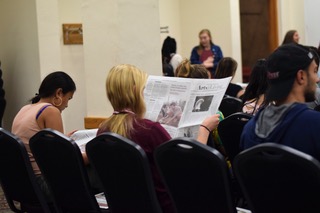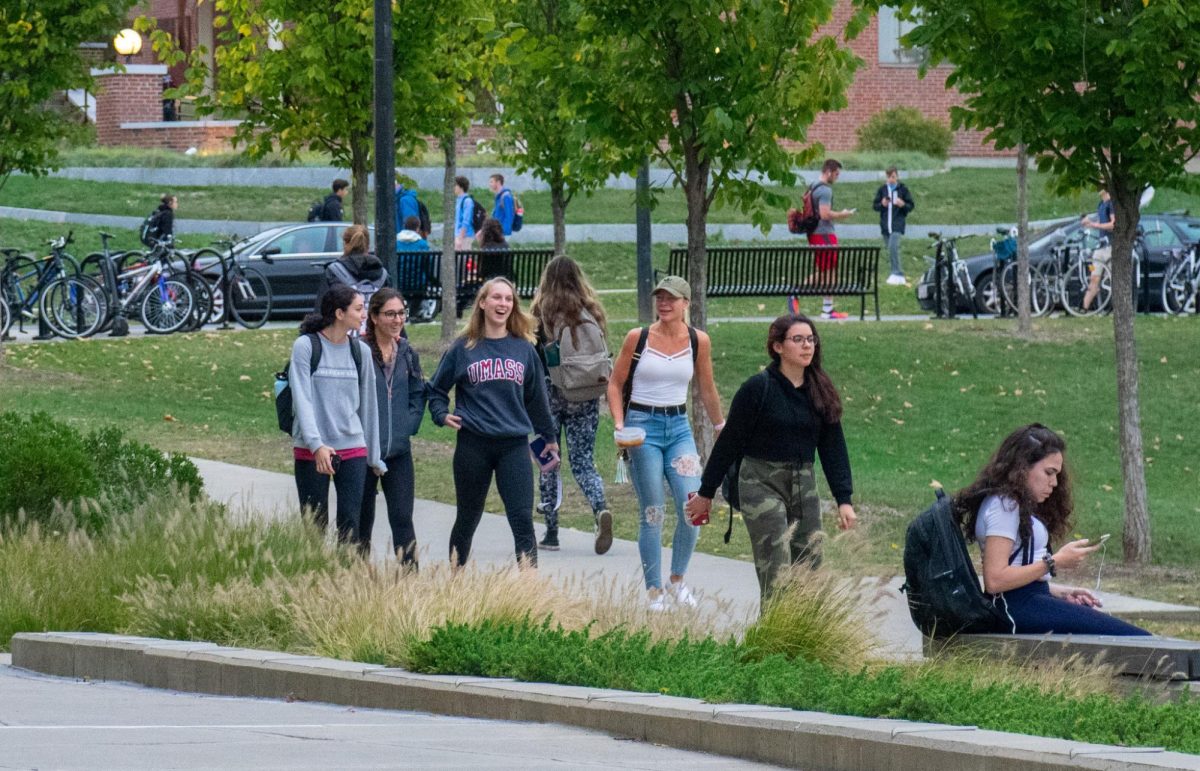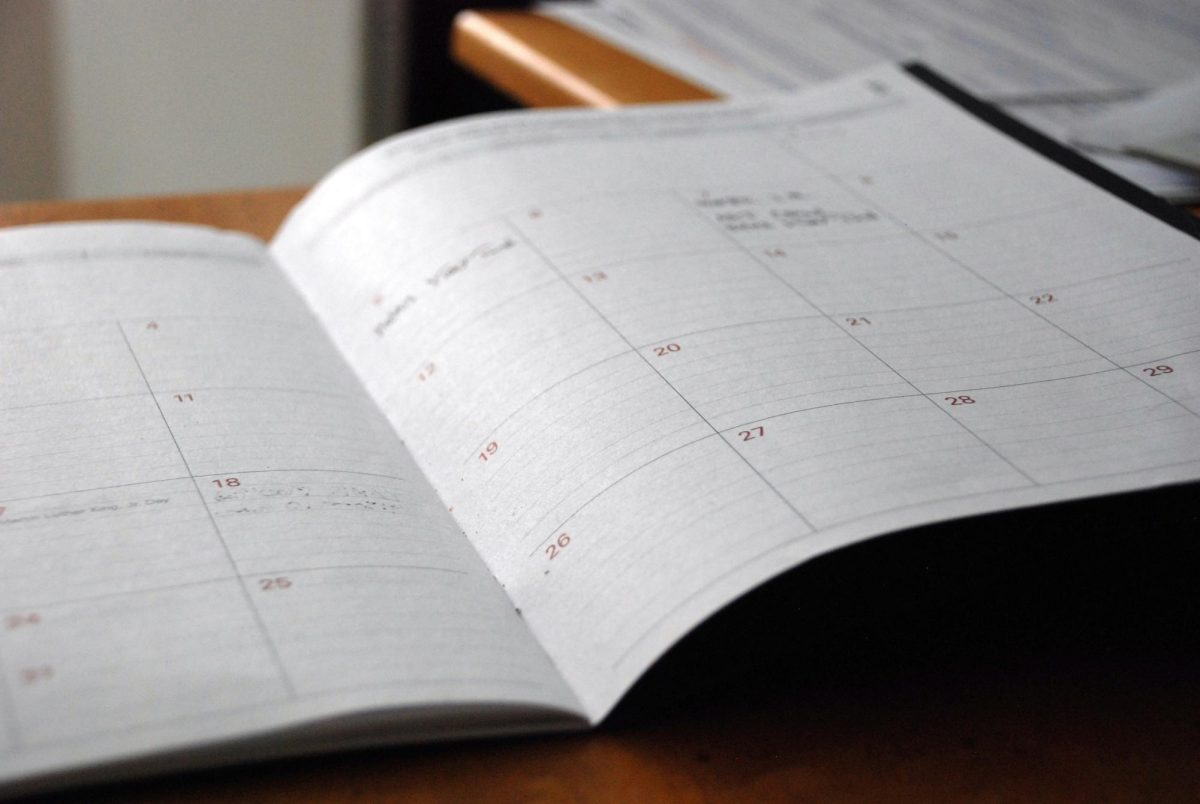In the sea of news media and information that is constantly popping up on every cell phone, laptop and television, it can be challenging to get accurate news. Finding the right news can feel like a never-ending battle, and the University of Massachusetts can sometimes seem like a bubble. It may be difficult between classes, study sessions and events to remember to check up on the many significant incidents occurring in the world. Whether it is the minimum wage being raised, global warming or international peace talks, these are events that we all should be aware of. But where do we start?
Professor of journalism at UMass Razvan Sibii has some advice on how to get started on your news literacy journey. First, he suggests publications such as The New York Times, The Washington Post and CNN, as well as local news sources such as The Daily Hampshire Gazette and The Massachusetts Daily Collegian. He also suggests “NPR and podcasts” for those who don’t have enough time to read as well as for those who don’t enjoy reading. Listening to a radio show on your way to work can also be a great first step if you don’t have time to read.
Many people in today’s current political climate are questioning if they can trust the news media. Sibii says that people need to “look at the product and the process, and you build up a judgment.” As a news consumer, one should not trust the news completely, but that does not mean one should not read it. News plays a major role in our society. According to the book “The Elements of Journalism” by Bill Kovach and Tom Rosenstiel, “information created democracy.” In order to be a contributing member of society, one needs to know what is happening in it. So, people read whatever news they can find and ultimately it is up to the general public or the audience to determine what is true.
It is essential that you continuously verify the information you are reading. You should always question the news so that you know you are getting relevant information instead of propaganda. With the internet, this can be a challenging task, but it is possible. One way to do this is by finding a topic you are interested in and exploring what other news sources are saying such as The New York Times and The Wall Street Journal. You can also fact-check articles by using Politifact or online scholarly articles. To make sure that the news you are reading is accurate and informational, Sibii says you “have to put in the time.”
For people who are seriously interested in learning how to navigate the news, there is a general education course here at UMass called Journalism 250: News Literacy. This course teaches you the basics of news literacy by breaking down articles to see if they are newsworthy. According to the UMass course catalog, “through readings, class discussion and written assignments, students will deconstruct stories, breaking down broadcast, print, web and social media stories to determine those that are well-sourced and can be considered real news. Students will also discuss concepts such as objectivity, opinion, bias and fairness and how all contribute to the mix of news reports in today’s digital landscape.”
For the student who does not have any time to sit down and read the news, there are always podcasts available for listening to while driving to work, cooking dinner or waiting for the bus. In a world filled to the brim with media, there is always a way to get the news.
A good reminder to read the news is to sign up for a newsletter that sends headlines to you every day. With everything that is going on in an average day at UMass, most students still seem to check their emails. News apps for your phone which hold digital newspapers are another way to access the news.
Always try to make sure you don’t get burnt out by the news. The news often covers heavy, serious events and ideas that can put people off the news altogether. The point of the news is not to depress anyone; it is to inform the general public about what is happening in the world. So, it’s okay to put down the hard-hitting journalism every once in a while and take a BuzzFeed quiz instead.
Catherine Riordan can be reached at [email protected].



















